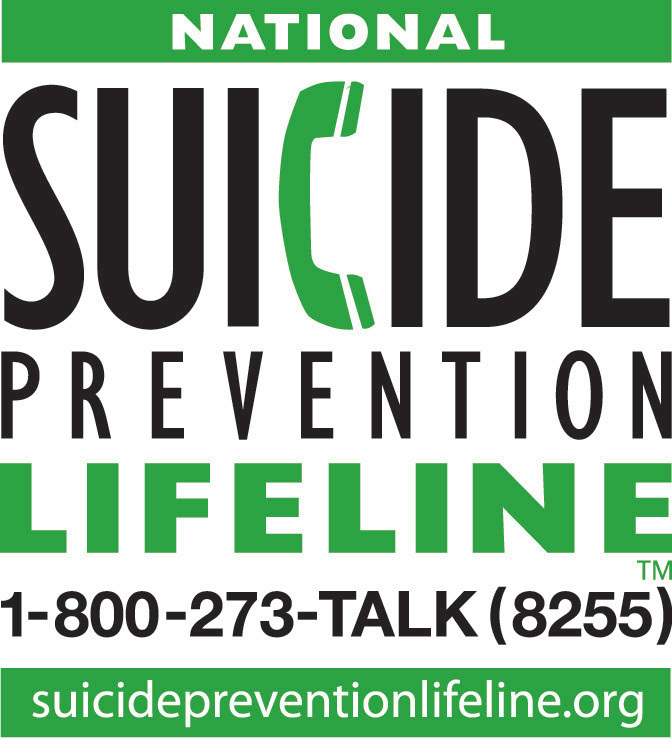C. A. R. E. Meeting
(Citizens Addressing Racial Equity)
Wednesday September 1st, 7 p.m.
CARE’s September meeting on will be on Wednesday, September 1st at 7 p.m. Each month CARE discusses issues that affect and concern our community and how we’re able to enact change that benefits us all.
September is Suicide Prevention month, and our guest speakers are Giovanna Mozza, MSW, Director of The Hub, a program of the Regional Youth Adult Social Action Partnership (RYASAP) and Tammy Trojanowski, Director of Community & Senior Services for the Town of Stratford.
Please Join Us:
Topic: CARE Meeting September 1, 2021
Time: Sep 1, 2021 07:00 PM Eastern Time (US and Canada)
To Join Zoom Meeting Go To:
https://us02web.zoom.us/j/81904822982?pwd=eUwrcjNqNzVTVDNWaFFJQnNkdnBHdz09
Meeting ID: 819 0482 2982
Passcode: 441115
or
Dial by your location
1 929 205 6099 US (New York)
CARE’s August meeting focused on continuing education. Guest speaker Omar Livingston, Director of Financial Aid of Housatonic Community College, presented “What You Need to Know About Financial Aid”.
Omar has been working in financial aid for close to 20 years. He has experience working in both private and public institutions. Omar is passionate about education and helping students and families achieve their educational goals. He often volunteers for events that promote financial aid awareness and access.
Prior to working in higher ed, he worked in the banking and mortgage industry. Omar was born in Jamaica, grew up in Stamford and attended Stamford Public Schools. After graduation he attended Norwalk Community College and then received his Bachelor’s degree from Albertus Magnus in New Haven.
Livingston led the discussion and shared Minorities and College Preparedness, Covid Impact, Financial Aid presentation. Members thanked Mr. Livingston for his informative presentation and grateful for the thoughtful discussion and suggestions.
Points of Interest
Students from high schools that qualify for federal aid because they enroll large numbers of low-income students are significantly less likely than their peers to have applied for aid to attend college, and students from high schools with large minority populations are almost three times less likely to have applied. Suburban students are significantly likelier than their urban or rural peers to have applied.
Normally FAFSA completion is almost a group affair: high schools or community organizations hold “financial aid nights” or attach FAFSA completion workshops to college fairs or other events for students who might be headed for college. And many high schools embed financial aid counseling and other forms of postsecondary readiness support into their broader advising activities, most of which happens in person during the school day.
Beyond those practical impediments, experts on financial aid and disadvantaged students cite evidence that some of them are deprioritizing college-going amid competing demands to work or take care of family members, and that “even in a normal year, those students are going to need more support and encouragement to navigate the college-going process” than their wealthier peers do, said DeBaun.
If they aren’t already doing so, schools and community groups should be conducting virtual college visits and having financial aid counselors conduct virtual seminars. “Now is the time,” DeBaun said.
And given how many colleges and universities are feeling the enrollment pinch more than ever right now, it’s incumbent on them to ramp up their outreach efforts in their big high school feeder districts to encourage FAFSA completion.
For further information, go to:

